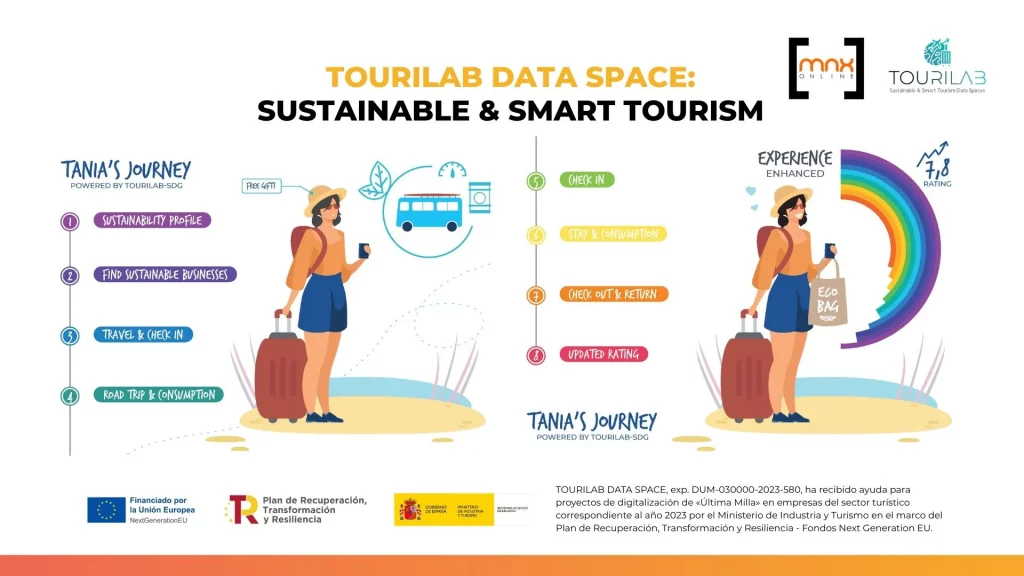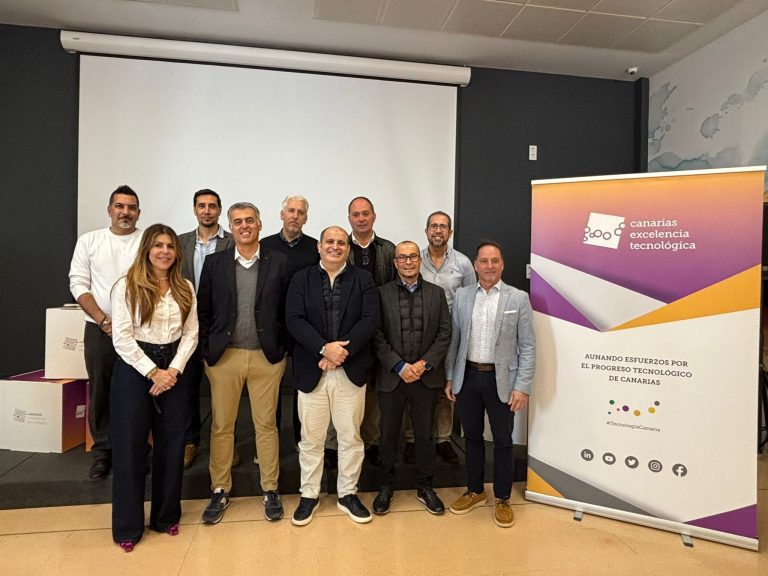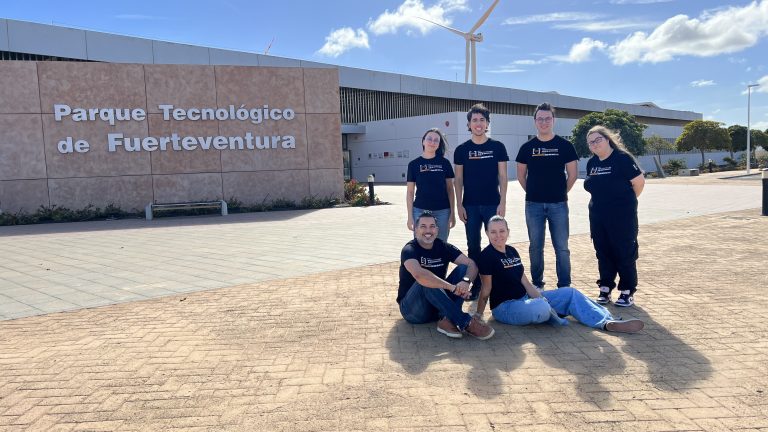Data Spaces: a practical guide for businesses and public administrations
What a Data Space is, explained without technical jargon.
What it is for and how our proposal fits in: TOURiLab Data Space.
Data Spaces have moved from being a technical concept to becoming key economic infrastructure: they allow public and private organisations to share information with security, interoperability, and common governance rules, creating data products and services with real impact. This guide explains what they are, what they are for, and how to get started, and presents the vision of MNX Online and TOURiLab FIWARE iHub through our TOURiLab Data Space.
What is a Data Space?
A Data Space can be compared to a “private club” around data, with clear rules and based on the principles of trust, security, innovation, and sustainability. Each member keeps full control over their data (they do not hand it over to the club) and decides what information, when, with whom, and for what purpose to share it, in order to gain efficiency and competitiveness.
In two sentences: a Data Space is an ecosystem with rules where multiple organisations share and exchange useful, high-quality, and timely data — often in real time — with control and trust, using common formats and rules that make information understandable and usable across systems. It is not a single repository, but a network with rules and open technology that enables secure collaboration and faster decisions.
It is also a technology compatible and complementary with any data-related system or solution. It is the way forward if we want to build a community around data — a society based on knowledge, efficiency, and sustainability, aligned with Europe’s principles.
Essential components:
- Governance: participation rules, licences, access control, traceability, and auditability.
- Interoperability: common formats and system connections so that data can be understood and work together, with quality and availability (including real time when needed).
- Trust: identifying who shares and who accesses, with exchange agreements plus legal and technical security.
- Catalogue of data and services: discover, contract, and consume data products with clear rights and obligations.
And what it is not: it is not “a shared Excel file”, nor “a giant data lake”, nor “a single proprietary platform”. It is rules + agreements + open technology to collaborate without losing control of the data.
What does this mean for a company or institution?
- Sharing without hassle
- Less legal and technical friction when working with third parties: standard contracts, common policies, and standard connectors. What used to take months can now be done in a moment.
- Use cases with bottom-line impact
- From presentations to real operations: streamline processes, sell more and better, improve customer experience, and demonstrate sustainability with verifiable metrics.
- New data products and services
- Turn your data into products (reports, APIs, indicators) and your capabilities into services (verification, analytics). Sell them under your own rules and without losing control.
- You can also consume quality data to make better decisions — all with a click.
- Compliance and less risk
- A common governance framework that organises GDPR, security, traceability, and auditability. Clear roles, automatic evidence, and alignment with public frameworks.
- Measure value, not just guess it
- Clear indicators to see results in numbers: time/cost savings, new revenues, service quality, environmental impact, and more — all accessible from your own system.
European and national momentum
In recent years, the European Union has built the framework for secure data sharing: the European Data Strategy set the roadmap; the Data Governance Act (DGA) established trust and intermediation mechanisms; and the Data Act clarified rights and obligations for access and use, fostering the creation of sectoral Data Spaces (health, mobility, tourism, agriculture, energy, industry, etc.).
In Spain, this momentum is channelled through the Plan de Impulso de Espacios de Datos Sectoriales (Plan to Promote Sectoral Data Spaces) of the Ministerio para la Transformación Digital y de la Función Pública (Ministry for Digital Transformation and the Civil Service), and through the recent publication of the UNE 0087:2025, which defines what a Data Space is and establishes a common language for governance and interoperability so organisations can join and launch use cases into production.
Examples of typical use cases
- Tourism and destinations: demand and flow measurement, experience integration, price and occupancy monitoring, and destination sustainability with verifiable indicators.
- Mobility and transport: frequencies and routes, multimodality, emissions, and service status in real time.
- Blue economy: port and nautical data, biodiversity conservation, safety and traceability.
- Retail and events: catalogues, crowd control, reputation, and cross-selling based on data.
- Logistics and public services: end-to-end traceability, operational efficiency, planning, and transparency.
How to join the data revolution
If your entity —public or private— wants to participate, we start by understanding your goals and needs, reviewing the data you manage and their quality/frequency, and defining your role in the ecosystem (provider, consumer, or co-developer). From there, we confirm the fit, do a light assessment, and define the first use case and its collaboration framework. From there we scale in an orderly way towards a catalogue of data products with impact on operations, revenues, and sustainability.
Our contribution: TOURiLab Data Space
At MNX Online and TOURiLab Data Space we help organisations move from theory to execution:
- End-to-end execution. We connect your systems, manage connectors, policies, and access permissions, and deliver your first data product up and running — so your team focuses on the business, not the tech.
- Standards and community. We are connected with the networks that set the pace in Europe and Spain, and we took part in the work that led to the UNE 0087:2025. In practice: we know what the ecosystem demands, we make your data fit, and we ensure your agreements are properly supported.
- Clear adoption path. We guide you from that first case to a portfolio of data products, with measurable impact on operations, revenues, and sustainability, step by step and without technical hassle.
At MNX Online and TOURiLab FIWARE iHub we help organisations move from theory to execution: we know what the ecosystem requires, we make your data fit, and we ensure your agreements are properly supported.
Frequently Asked Questions
Do I need all my data to be “perfect” before starting?
No. We start with what you already have and with the use case that adds the most value. We connect your systems without moving your data from the source and, if needed, we improve quality on the go for that case — and agree on a simple plan to keep scaling.
Who controls the data?
Each organisation keeps control of its data. You share only what you decide, with whom you decide, and for what purpose, under clear agreements and policies. The Data Space coordinates; it does not store your information anywhere.
What technology is used?
We take care of the technical side. We work with open and compatible solutions so that everything connects without hassle, is easy to maintain, and does not lock you to a vendor. You focus on usage and results; we take care of integrations and security.
How are trust and compliance ensured?
With verifiable identity and permission certificates, access and usage policies, evidence logs (traceability), and compliance with GDPR and UNE 0087. There is also auditing and dispute resolution.
Does this lock me to a provider?
No — neither you nor the Data Space. We work with open standards (e.g., NGSI-LD and DCAT-AP) and clear licences. The goal is to avoid dependencies and allow you to focus on usage and results.


TOURiLab Data Space, exp. DUM-030000-2023-580, has received support for “Última Milla” (Last Mile) digitalisation projects in the tourism sector for 2023, granted by the Ministerio de Industria y Turismo (Spanish Ministry of Industry and Tourism) under the Plan de Recuperación, Transformación y Resiliencia (Recovery, Transformation and Resilience Plan – Next Generation EU funds).



